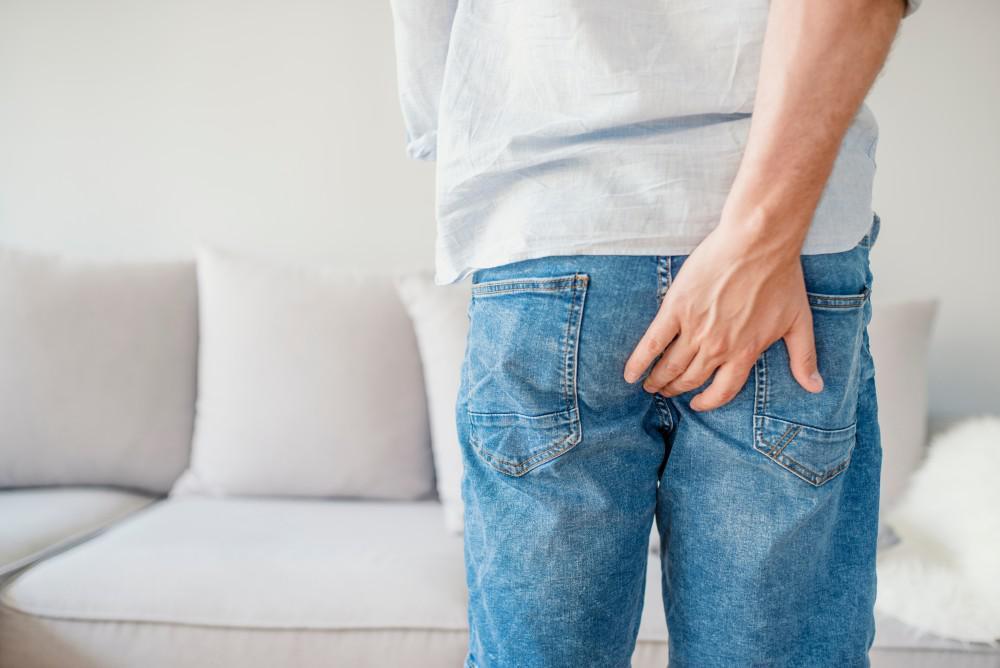
Hemorrhoids are a common problem, affecting millions of Americans every year. According to the American Society of Colon and Rectal Surgeons, many people with hemorrhoids suffer from their condition for a long time before seeking medical help.
But there’s no need to suffer at all, and certainly not for a long period of time.
At GI Physicians Inc. in Lima, Ohio, our skilled team, including our gastrointestinal specialist, Ven Kottapalli, MD, CNSP, recommends medical intervention for hemorrhoids when at-home care fails to ease symptoms or hemorrhoids cause rectal bleeding.
Here, we want to share with you when it’s time to get medical help for hemorrhoids.
Hemorrhoids are common and rarely cause serious health complications. However, hemorrhoids can cause discomfort, bleeding, and other symptoms.
Similar to varicose veins, hemorrhoids are swollen veins in the anus and lower rectum. Excess pressure from constipation, straining during a bowel movement, or sitting on the toilet for long periods of time can cause these veins to stretch and then swell or bulge.
There are two types of hemorrhoids:
External hemorrhoids are swollen veins that form under the sensitive skin around your anus. These hemorrhoids may cause mild discomfort, such as itching or anal pain. They may also bleed.
Blood clots can form in external hemorrhoids, creating a thrombosed hemorrhoid. Though not harmful, thrombosed hemorrhoids can be very painful.
Internal hemorrhoids are swollen veins under the skin in the lower rectum. These types of hemorrhoids rarely cause discomfort, but they may bleed during a bowel movement.
However, if internal hemorrhoids prolapse — protrude through the anal opening — they can cause severe anal pain.
Most hemorrhoids get better with at-home care, especially hemorrhoids that cause mild discomfort.
At-home care for hemorrhoids may include:
You should see improvements in pain and swelling within 2-7 days after implementing at-home care for your hemorrhoids.
However, if you continue to have hemorrhoid symptoms after a week, you have rectal bleeding, or your hemorrhoids cause severe pain, it’s time for medical intervention.
Before making any treatment recommendations for your hemorrhoids, we first perform a comprehensive history and physical. We want to find the underlying cause of your hemorrhoids so we can provide the most effective treatment.
Though hemorrhoids are a common cause of rectal bleeding, your bleeding may also be a symptom of some other gastrointestinal condition, such as colon cancer. That’s why we recommend you come in any time you have rectal bleeding. If we have concerns that your rectal bleeding is a sign of colon cancer, we perform a colon cancer screening.
For persistent painful hemorrhoids that fail to improve with at-home care, we perform hemorrhoid banding. During this minimally invasive procedure, we place a small rubber band around your hemorrhoid, cutting off the blood supply. Within a few days, both the band and your hemorrhoid fall off.
While our medical interventions can get rid of your irritating hemorrhoids, they may recur. You may be able to prevent future hemorrhoids by eating a high-fiber diet, drinking plenty of water, and limiting the amount of time you spend sitting on the toilet.
There’s no need to prolong your suffering. If at-home care fails to ease your hemorrhoid symptoms, we can help. Just book an appointment online or over the phone with GI Physicians Inc.